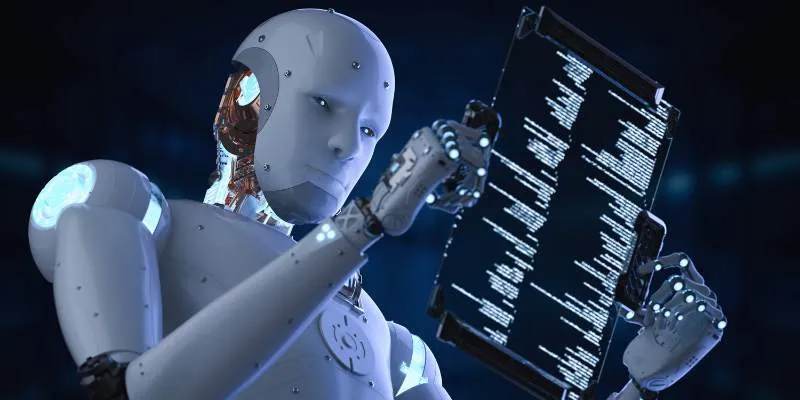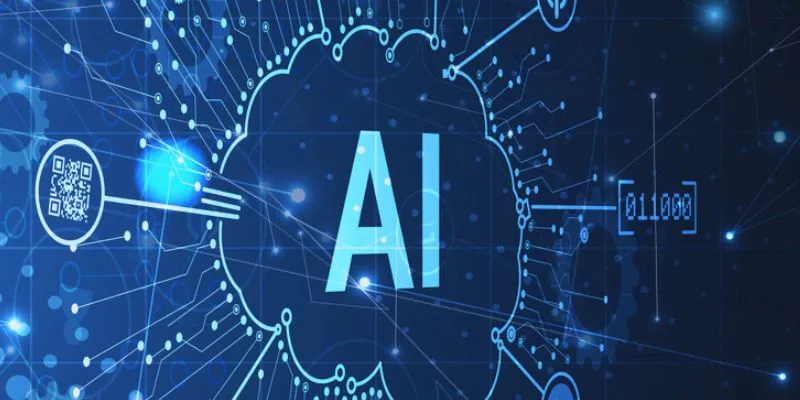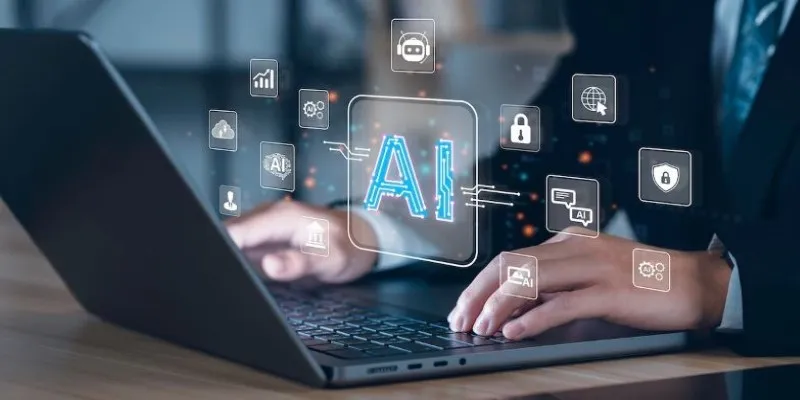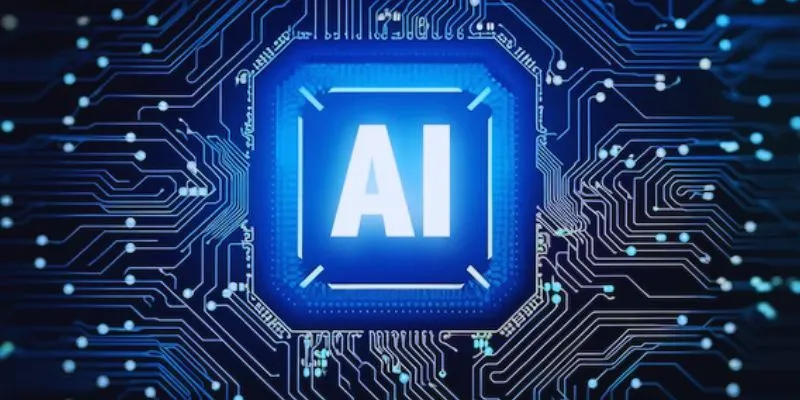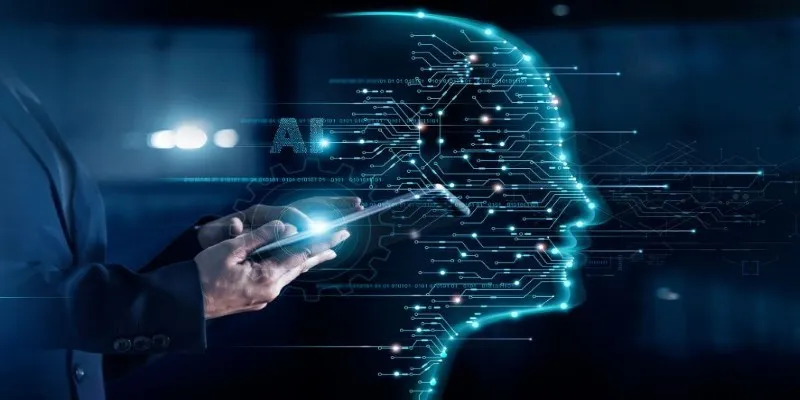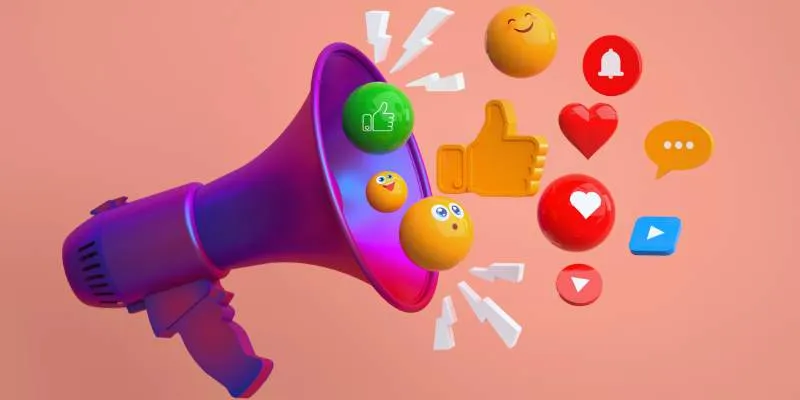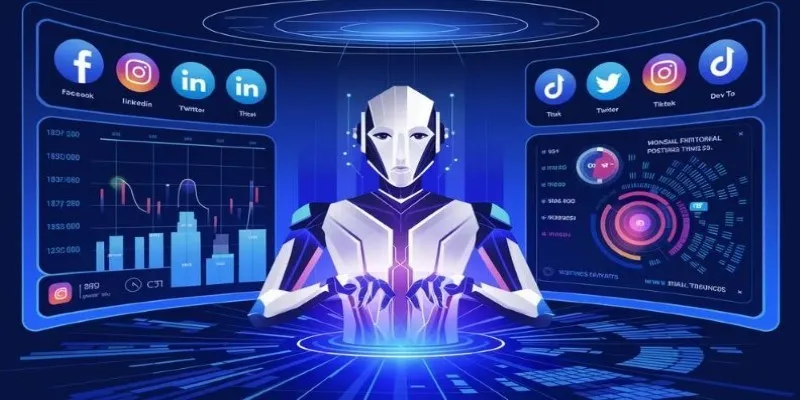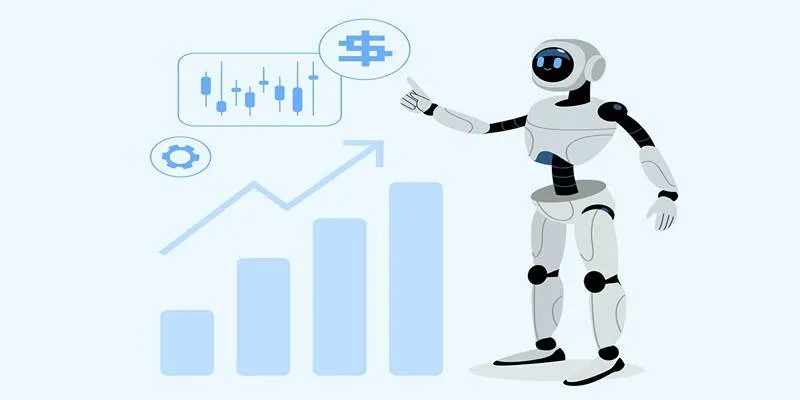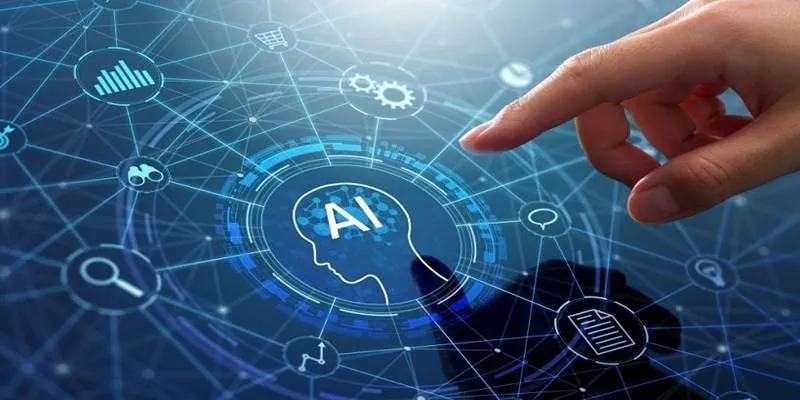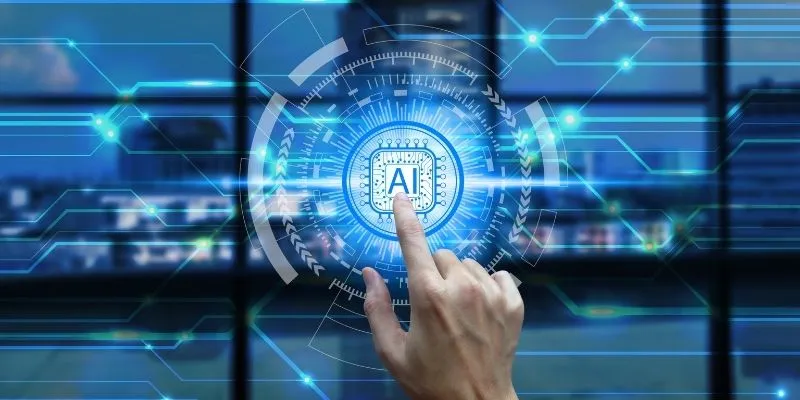Industries such as healthcare, finance, and transportation are being transformed by the rapid growth of machine intelligence. While AI can make decisions, the question remains: can it understand morals and ethics? Artificial intelligence operates based on predefined guidelines, whereas moral and ethical principles guide human behavior. The primary concern is whether AI can make fair and equitable decisions. AI systems, if biased, can lead to unfair treatment and discrimination. Who is responsible when AI makes errors? These questions highlight the importance of ethics in artificial intelligence.
Defining morality for machines is challenging, but experts agree that AI should adhere to moral guidelines. Some advocate for strict regulations, while others believe AI should mirror human ethics. This guide explores the connection between AI and ethics, its risks, and possible solutions. Developing responsible AI requires understanding these ethical challenges.
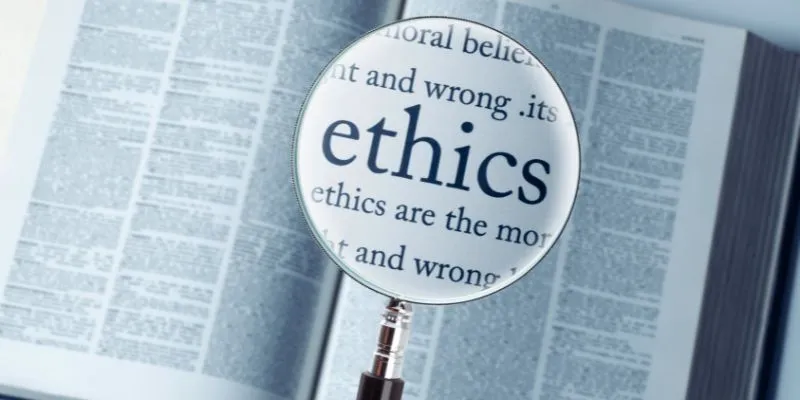
Understanding Ethics and Morality in AI
Ethics and morality influence human actions. Morality stems from personal beliefs and values, while ethics defines right and wrong. AI lacks experiences and emotions, relying instead on data patterns and algorithms. Ethical AI is about making fair and unbiased decisions. However, AI can inherit human biases if trained on biased data, leading to discrimination in areas like lending, hiring, and law enforcement.
AI must be carefully designed to avoid exacerbating societal inequalities or causing harm. Developers strive to create ethical AI models that respect human rights. While some push for regulations to control AI decisions, others suggest aligning AI with human values gradually. Teaching AI about justice and fairness is a significant challenge, as machines lack moral instincts.
AI Decision-Making and Moral Dilemmas
AI faces moral dilemmas without clear right or wrong answers. Self-driving cars are a notable example. In an unavoidable accident, should AI prioritize pedestrians or passengers? Humans make such decisions based on emotions and instincts, while AI follows programmed guidelines with potentially unforeseen outcomes. In life-and-death situations, AI must consider multiple factors before taking action. In criminal justice, AI faces another challenge.
Certain systems predict the likelihood of a person committing another crime, but they may unfairly assess individuals based on background, gender, or race, raising concerns about fairness and equity. In healthcare, AI assists in patient treatment prioritization. Is it ethical for AI to determine initial treatments? These decisions impact lives and require careful consideration. Some argue AI should follow universal ethical standards.
Bias in AI and Its Ethical Challenges
Bias is among the main ethical issues facing AI. AI learns from data, which can be biased. If trained on biased information, AI will continue to make skewed decisions. For instance, some AI recruiting systems may favor certain candidates, while AI in law enforcement might disproportionately target minorities. These biases stem from flawed data and can have harmful consequences. Correcting AI bias is challenging, with some experts suggesting increased fairness through diverse datasets.
Others recommend transparency in AI decision-making to allow public scrutiny. Governments and businesses are working to develop fair AI policies aimed at reducing bias and ensuring equitable treatment for all. AI should not perpetuate past injustices but should enhance society. Creating ethical AI requires thorough preparation, continuous testing, and clear policies. Without these, AI risks exacerbating prejudice rather than offering solutions.
Responsibility for AI Actions
Who is accountable if AI causes harm? Unlike humans, AI cannot be held responsible, raising significant ethical questions. Should developers be liable for AI errors, or should users bear responsibility? These unresolved questions are crucial for AI ethics. For instance, if a self-driving car causes an accident, who is at fault—the manufacturer, programmer, or car owner? Without clear regulations, liability remains ambiguous. Some experts advocate for embedding ethical guidelines into AI systems.
Others propose legal frameworks to govern AI decisions, ensuring justice and fairness. Governments worldwide are discussing AI liability laws, aiming to establish clear rules for managing AI errors. Proper oversight is essential for maintaining public trust as AI integrates into society. Otherwise, AI errors could lead to major ethical and legal disputes.
Can AI Develop Morality Like Humans?
Some believe AI can develop morals over time, while others argue it will never fully comprehend human values and emotions. AI predicts outcomes and analyzes trends but lacks remorse or empathy. It follows predefined guidelines rather than human inclinations, making moral education complex. Researchers are experimenting with AI driven by ethical theories to teach AI right from wrong. However, moral principles vary across cultures and communities.
What is considered moral in one country may not be in another. If AI acquires a genuine moral sense, it could transform society. However, current AI is far from achieving human-like ethics. AI lacks consciousness, emotions, and personal beliefs, relying instead on logic and data. While AI can be trained to make ethical decisions, its moral development path remains uncertain and challenging.
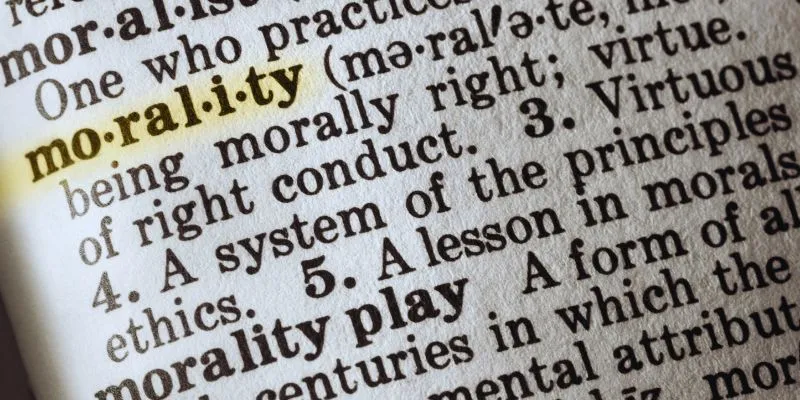
Conclusion
Despite ongoing ethical challenges, AI is revolutionizing the world. Machines lack moral judgment and emotions, operating based on data patterns and set guidelines. AI ethics is a complex issue shaped by moral dilemmas, bias, and responsibility. Collaboration among developers, governments, and society is essential to ensure accountability, justice, and transparency in AI decisions. As AI advances, ethical discussions will continue to grow. The future will be defined by the balance between morality and technology. Researchers, policymakers, and the public must work together to make AI ethical, benefiting everyone.
 zfn9
zfn9
